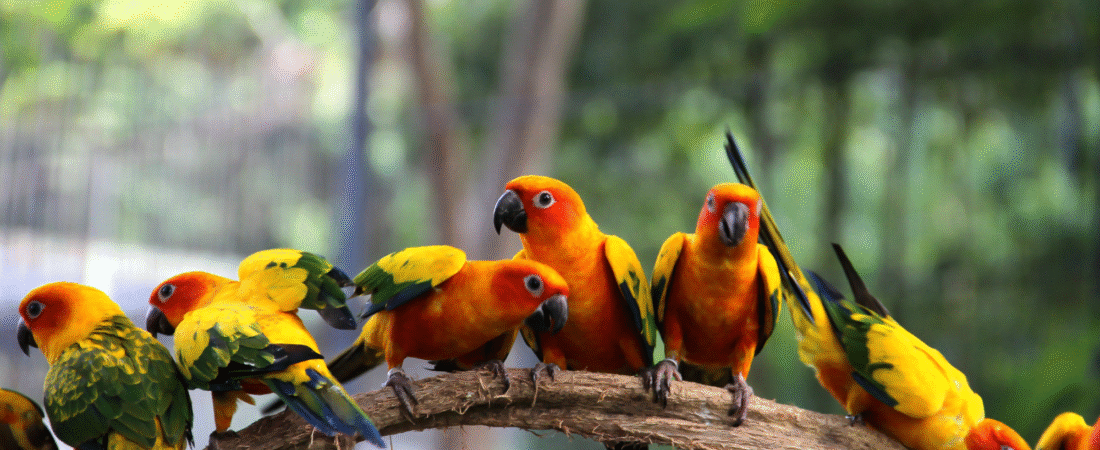A fun checklist for new bird parents!
Bringing a bird into your life is like welcoming a tiny, feathered roommate who sings at dawn, demands attention, and has a knack for stealing your heart (and maybe your earrings). To set both you and your new winged friend up for success, here’s a feather‑friendly starter pack every bird owner should have:
1. A Spacious, Comfy Cage!
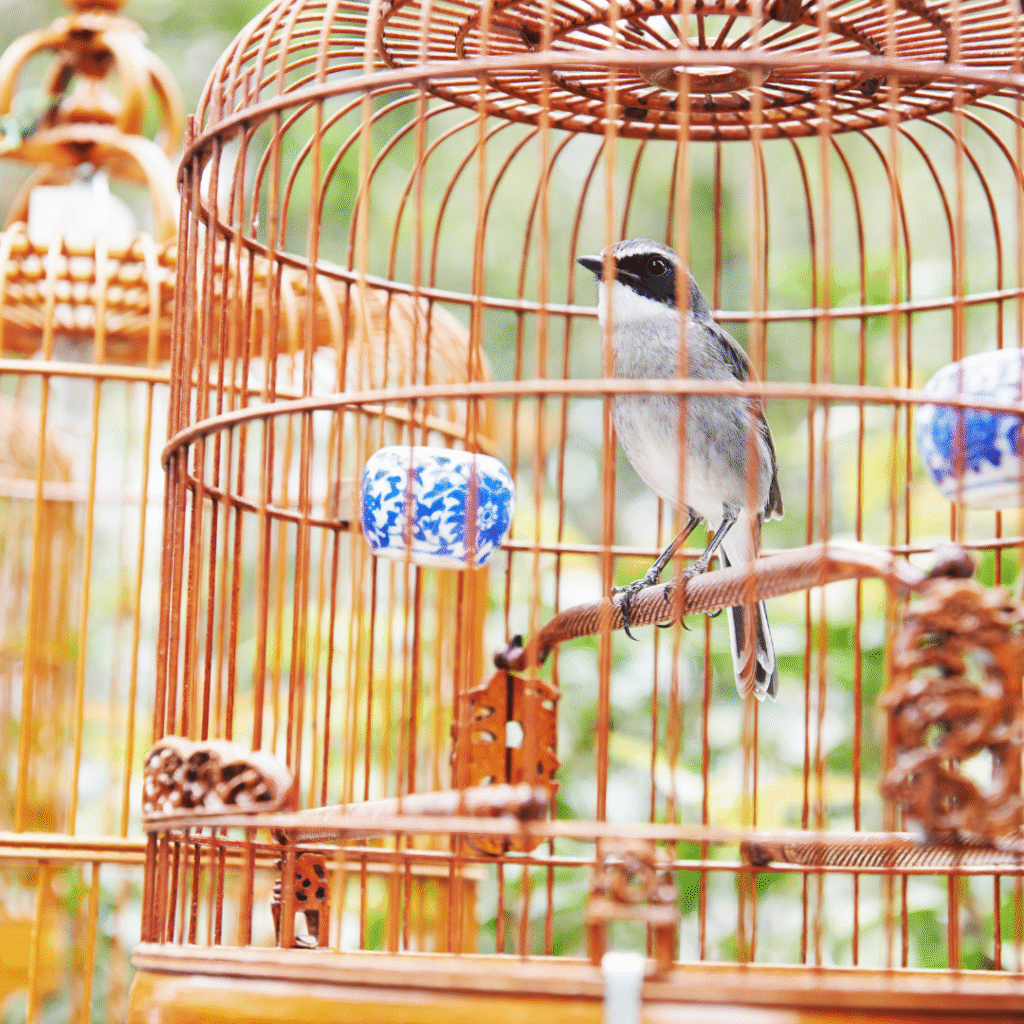
Your bird’s home should be a space where they can flap their wings, stretch out fully, climb, and play without constantly bumping into the sides. Imagine it less like a cramped studio apartment and more like a spacious condo designed for comfort and activity. The larger the cage, the more opportunities your bird will have to exercise and stay mentally stimulated. Just remember, bigger is usually better, but it’s equally important to make sure the bar spacing is safe for your bird’s size so they can’t slip through or get stuck. A roomy, well‑designed cage sets the foundation for a happy, healthy feathered friend.
2. Perches of All Shapes & Sizes
When it comes to perches, one just isn’t enough. Birds spend a lot of their day standing, climbing, and hopping, so giving them a variety of perches is essential for both their physical and mental well-being. A single smooth dowel perch can actually cause foot problems over time because it puts pressure on the same spots every day. Instead, aim for a mix of natural wood branches, rope perches, and varying diameters to challenge those little feet and promote proper muscle development. The natural textures also help keep nails and beaks in check, while offering your bird a more interesting environment to explore. Think of it as giving your feathered friend a mini Playground, different shapes, sizes, and materials help keep things exciting, prevent boredom, and support overall health.
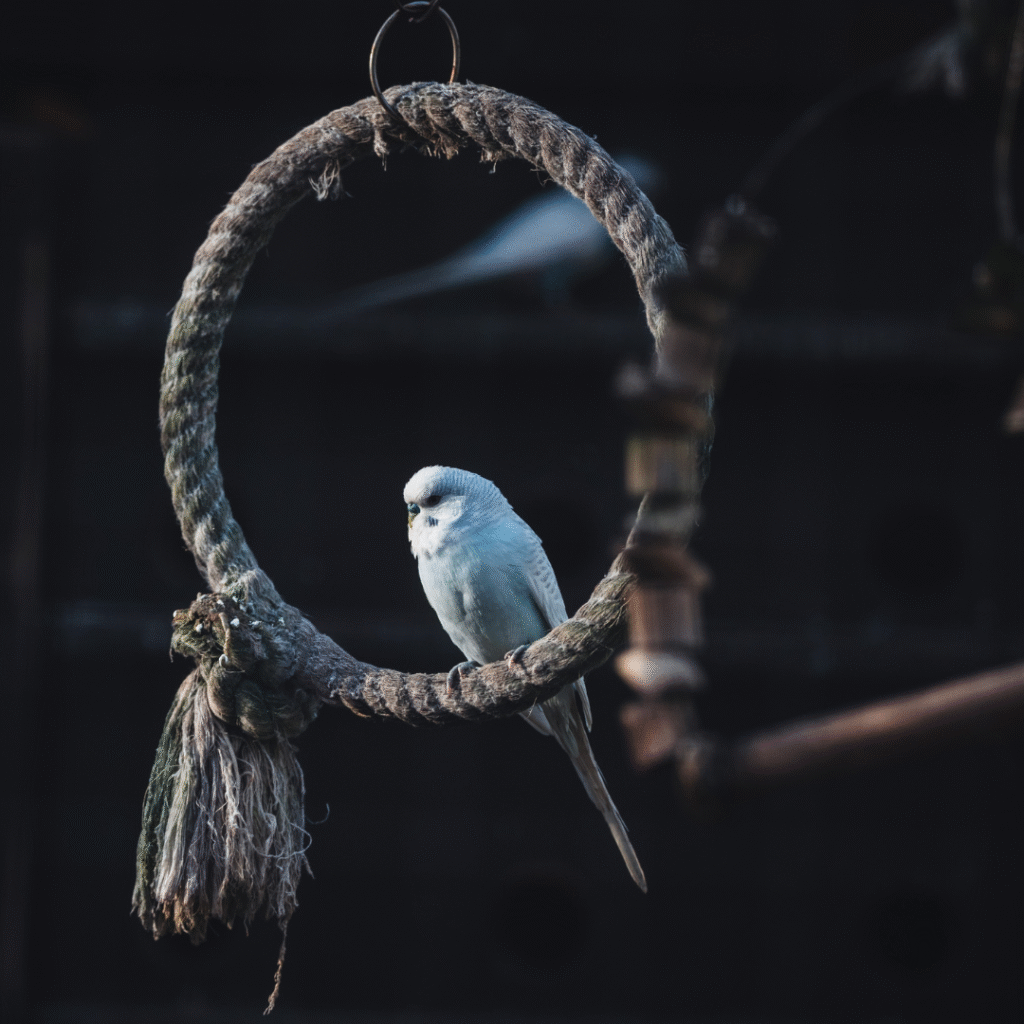
3. Food & Water Dishes

When setting up your bird’s dining area, sturdy bowls that securely attach to the cage are an absolute must-have. This isn’t just about neatness; it prevents spills, keeps food and water clean, and stops your clever feathered friend from tipping everything over during a playful moment.
Once you have the right bowls, it’s all about what goes inside! Fill them with a high-quality, balanced pellet or seed mix as the foundation of their diet. But don’t stop there – birds thrive on variety! Supplement their main diet with a daily rotation of fresh, bird-safe fruits and vegetables. Think leafy greens, chopped carrots, apples (no seeds!), and berries. These fresh additions provide essential vitamins, minerals, and mental stimulation. And, of course, don’t forget the occasional healthy treat to keep them engaged and happy.
Finally, and perhaps most critically, fresh, clean water daily is non-negotiable for a happy, hydrated bird. Water bowls should be cleaned thoroughly every day to prevent bacterial growth. A well-fed and well-hydrated bird is a vibrant, healthy bird!
4. Toys, Toys, Toys!
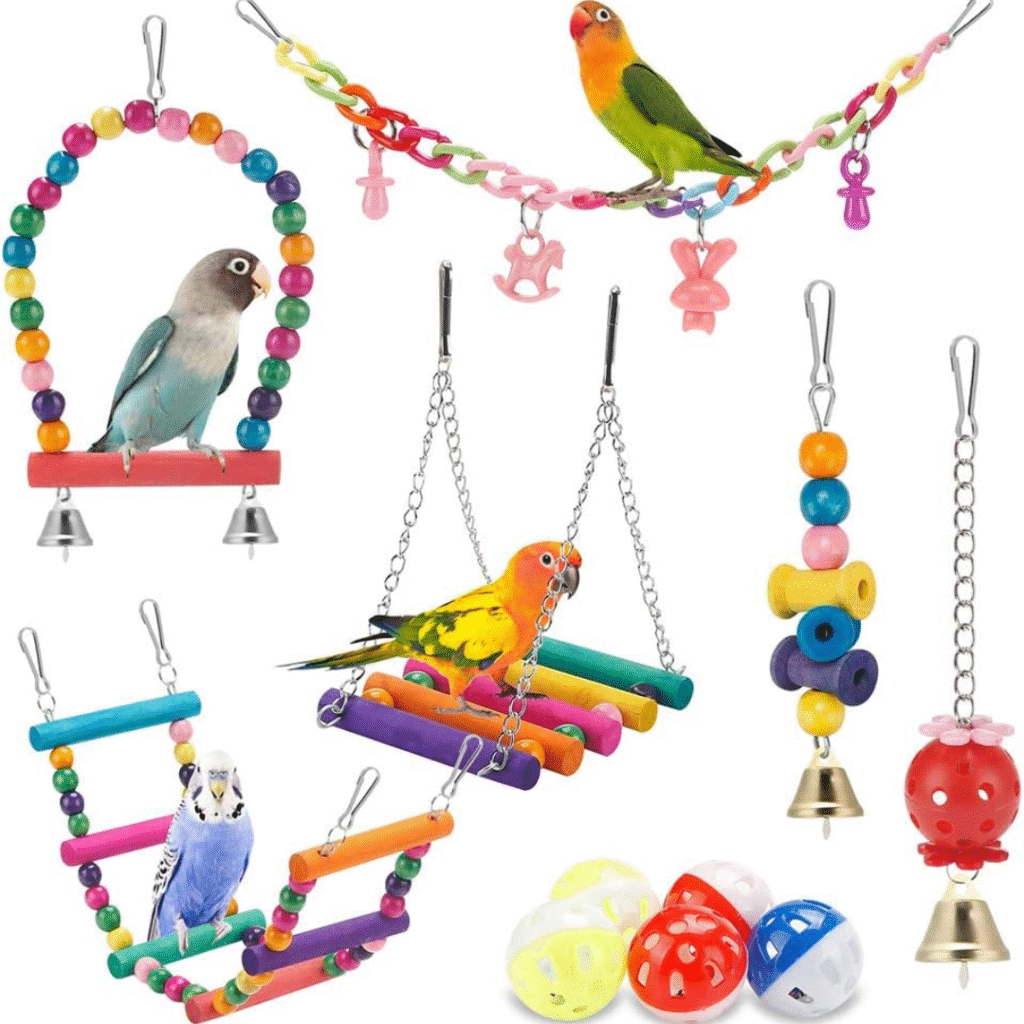
Think of your feathered friend as a playful toddler with wings – full of curiosity, energy, and a constant need for engagement! Just like a child, a bird needs a stimulating environment to thrive, and that’s where a diverse array of toys comes in. One or two toys simply won’t cut it; a rich selection of toys for shredding, foraging, and climbing is absolutely essential to keep them entertained, mentally sharp, and physically active.
Without proper enrichment, birds can quickly become bored, leading to undesirable behaviors like feather-plucking, excessive screaming, or even aggression. Toys provide an outlet for their natural instincts:
- Shredding toys satisfy their urge to chew and destroy, mimicking how they’d interact with branches and leaves in the wild.
- Foraging toys challenge their intelligence, making them “work” for treats, which is a crucial part of their natural feeding behavior.
- Climbing toys and ladders encourage physical exercise and agility, strengthening their muscles and improving coordination.
To keep things fresh and exciting, remember to rotate toys often. Don’t put all their toys in the cage at once! Instead, swap them out every week or two. This keeps their environment novel and prevents boredom, ensuring your bird remains a happy, engaged, and well-adjusted member of your family.
5. A Safe Spot Outside the Cage
While a spacious cage is vital, birds absolutely thrive on dedicated out-of-cage time. This isn’t just a luxury; it’s a crucial part of their mental and physical well-being, allowing them to explore, exercise, and socialize in a different environment. However, safety must always come first when your feathered friend is out of their primary habitat.
This is where a bird stand or play gym becomes an indispensable tool. Think of it as their very own dedicated “hangout zone” outside the cage. These specialized structures provide a safe, stimulating space where your bird can:
- Stretch and Flap: Engage in full-wing exercises that aren’t possible within the confines of a cage.
- Explore and Climb: Satisfy their natural curiosity and agility on new perches, ropes, and ladders.
- Socialize with You: Interact with you at eye level, strengthening your bond through play, training, and gentle conversation.
A well-designed bird stand or play gym, equipped with various perches, toys, and even food/water bowls, offers a secure and enriching environment. It keeps them off furniture (and away from potential hazards like electrical cords or toxic plants) while giving them the freedom they crave. This dedicated space ensures their out-of-cage adventures are both fun and safe, contributing significantly to a happy, well-adjusted bird.
6. Cleaning Supplies
Let’s be honest: while our feathered friends are undeniably adorable, they’re also quite efficient at creating a bit of a mess! Birds are naturally messy eaters, enthusiastic poopers, and they love to kick around their toys and bedding. This isn’t a flaw; it’s just part of their charm! However, managing this mess is crucial because a clean cage isn’t just about aesthetics—it’s fundamental to your bird’s health.
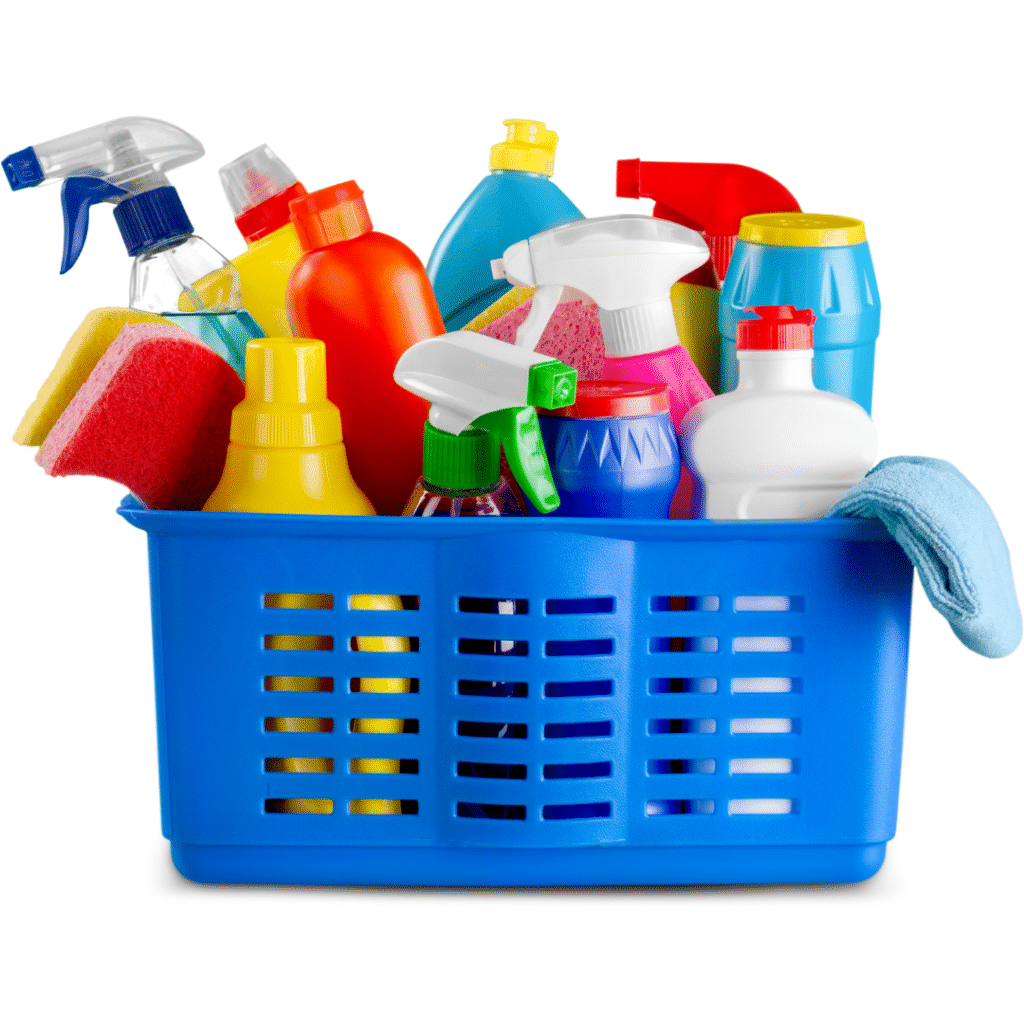
To keep their environment pristine and prevent the buildup of bacteria, fungi, and parasites, you’ll want to have a few essential cleaning supplies on hand:
- Cage Liners: These are your first line of defense. Whether you use newspaper, paper towels, or specialized cage liners, changing them daily makes a huge difference in hygiene.
- Bird-Safe Cleaning Sprays: Avoid harsh household cleaners that can be toxic to birds. Opt for natural, bird-safe disinfectants or a simple solution of white vinegar and water.
- Paper Towels & Scrub Brushes: These are indispensable for daily spot cleaning and weekly deep cleans of perches, bowls, and cage bars.
Regular cleaning prevents respiratory issues, foot infections, and other health problems. A clean cage truly equals a healthy, happy bird who can breathe easy and enjoy their home without hidden hazards. Establishing a consistent cleaning routine is one of the most loving things you can do for your feathered companion.
7. Love & Patience
Beyond all the essential supplies, the most crucial element for your bird’s well-being is, without a doubt, you. Your time, consistent attention, and gentle, positive training are the building blocks of a deep, trusting relationship. Birds are highly social creatures, and when they join your home, you become their flock.
Investing in this bond makes your bird feel secure, loved, and truly part of the family. Regular interaction, whether it’s quiet companionship, playful training sessions, or simply talking to them, prevents loneliness and fosters a happy, well-adjusted companion. Remember, to your bird, you’re not just an owner -you’re their most important connection.
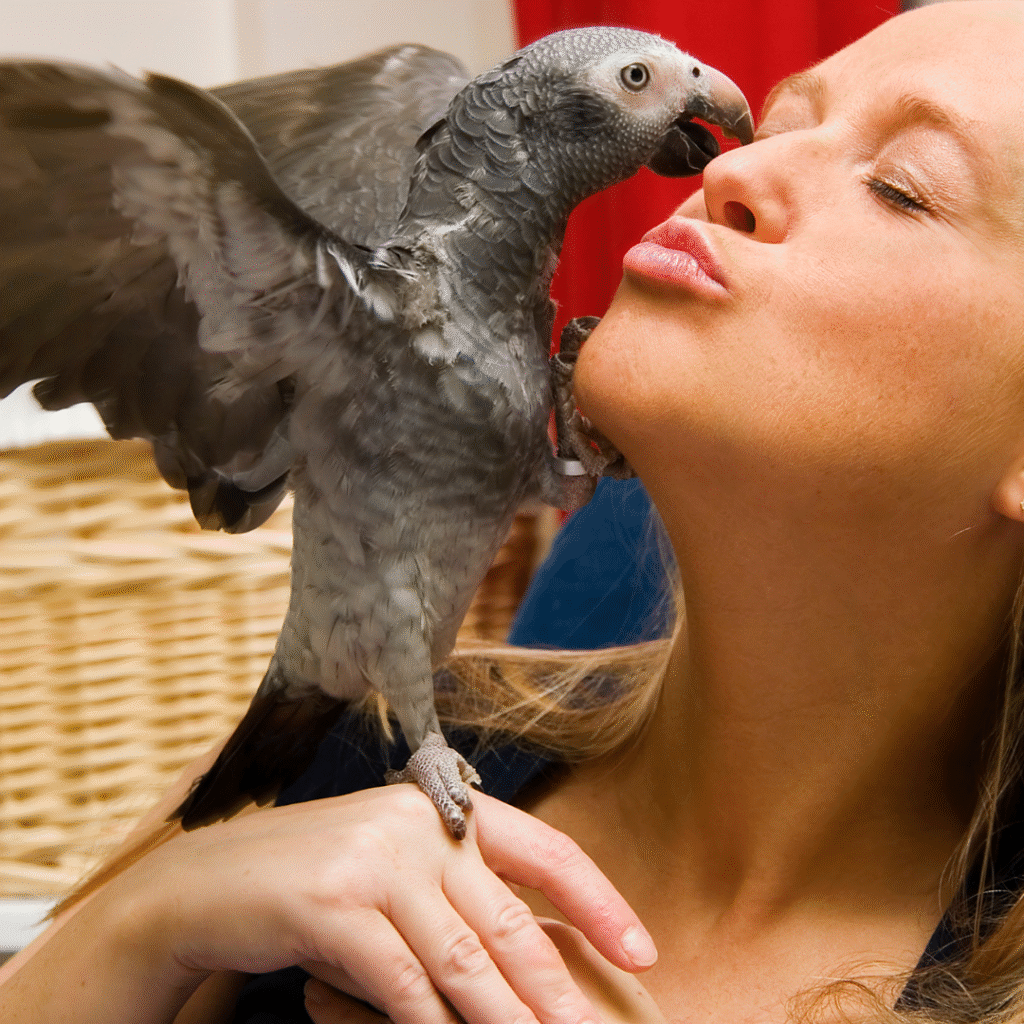
Final Tweet (oops, we mean Thought 😅)
Bringing a new bird into your home is an incredibly exciting and joyful experience! The anticipation of welcoming a feathered friend, with their unique personality and charming chirps, is truly special. However, to ensure that excitement blossoms into a lifetime of happiness for both of you, preparation makes all the difference.
It’s not just about having a cage; it’s about creating a safe, stimulating, and loving environment from day one. With the right setup—a spacious cage, varied perches, engaging toys, and proper nutrition, you lay the foundation for their physical health. But equally important is your loving touch, patience, and consistent attention. This builds trust and helps your bird feel secure in their new flock.
When you combine thoughtful preparation with genuine affection, your feathered friend won’t just survive; they will thrive, sing their happiest songs, and maybe even surprise you by learning to say “hello” in your very own voice. It’s the start of a beautiful, rewarding journey together!

